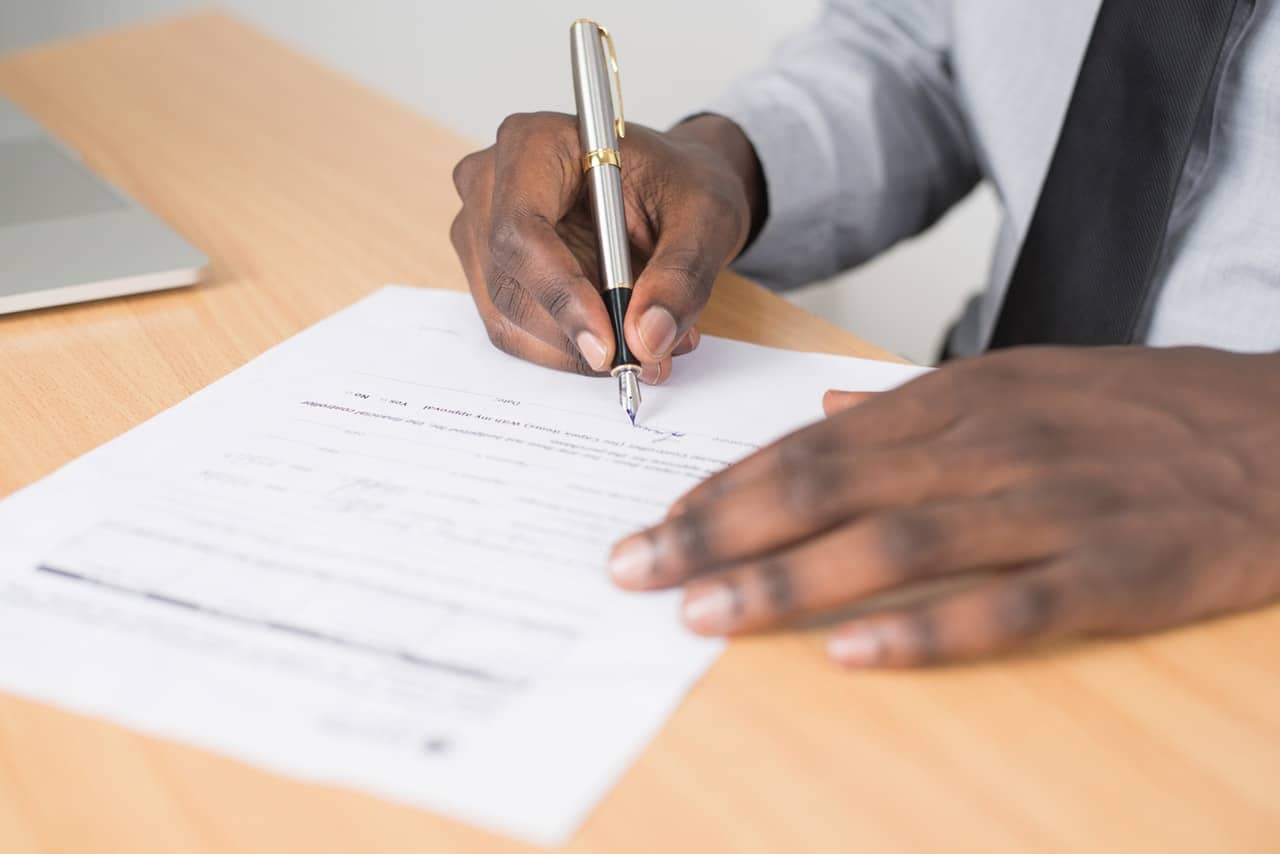You might have seen movies or listened to stories of relatives where the family fights over the property when the guardian dies without leaving behind any will. Well, that’s true, and it happens in real life as well. That’s why, sooner or later, you should write a will to secure your family from falling apart after your death. You haven’t worked for your whole life just to leave behind financial assets and property to create contention for your family.
But writing the will is not something you can do randomly on a Saturday evening while sipping your favorite Cappuccino. It is also not a happy moment that you can do without any stress and with a broad smile. You need to get out the courage to imagine things that can possibly happen after your death. But that is one thing you should do no matter what if you have successors or family members who depend on you.
One way to come up with plans to protect and transfer your wealth is by hiring an estate planning lawyer who can create and implement effective programs of wealth management for you. But it is better to write a will as well.
Here is given a short guide to help you write a good and clear will.
IMAGE: PEXELS
You Want A Lawyer Or Not
First things first, you need to decide whether you need to hire a lawyer to write a will or you want to write it on your own. Well, if you think that it is useless to hire a lawyer because it is a simple task, you need to think again. You don’t know, but many issues can arise over an already written will as well. Significantly, if you want a charity to receive some money, or don’t want to sell certain property, you need a well defined will so that your children follow your instructions after death. Any flaw, ambiguous writing, or misused word while writing a will can put the disposal of your estate in contention. So, it is better to take your decision wisely if you think that problems might arise after your death.
Identify Your Beneficiaries
You should be clear about your beneficiaries i.e., people who are going to inherit your property. It depends on two things: how much property you own and who is dependent on you. If you have many assets, you might decide to donate to charity some of your property. But most people pass on their property to immediate family members, like children, wife and siblings. In case you are single, you might decide to give your property to charity, or give it to your other relatives, like cousins, etc. Make sure to write a will because it is your property and you have the right to decide what should happen with your possessions after your death.
A Legal Guardian
It is also important to decide a legal guardian for your children if your children are under age and don’t know how to look after things. If worst comes, a legal guardian manages assets that come until your children come of age and become mature enough to handle things on their own. But make sure to appoint a trustworthy and loyal person as a legal guardian if you don’t want your children to go through a legal battle with the guardian to get back illegally acquired property.
An Estate Executor
Besides that, you can also appoint someone as an executor of your will and wishes. The executor should be an experienced and authoritative person who can implement and execute your wishes without letting eruption of a dispute or discontent.
After writing a will, sign it and put it in a secure place so that no one can temper it and it can be passed on to your successors safely.
If you are interested in even more lifestyle-related articles and information from us here at Bit Rebels, then we have a lot to choose from.


COMMENTS